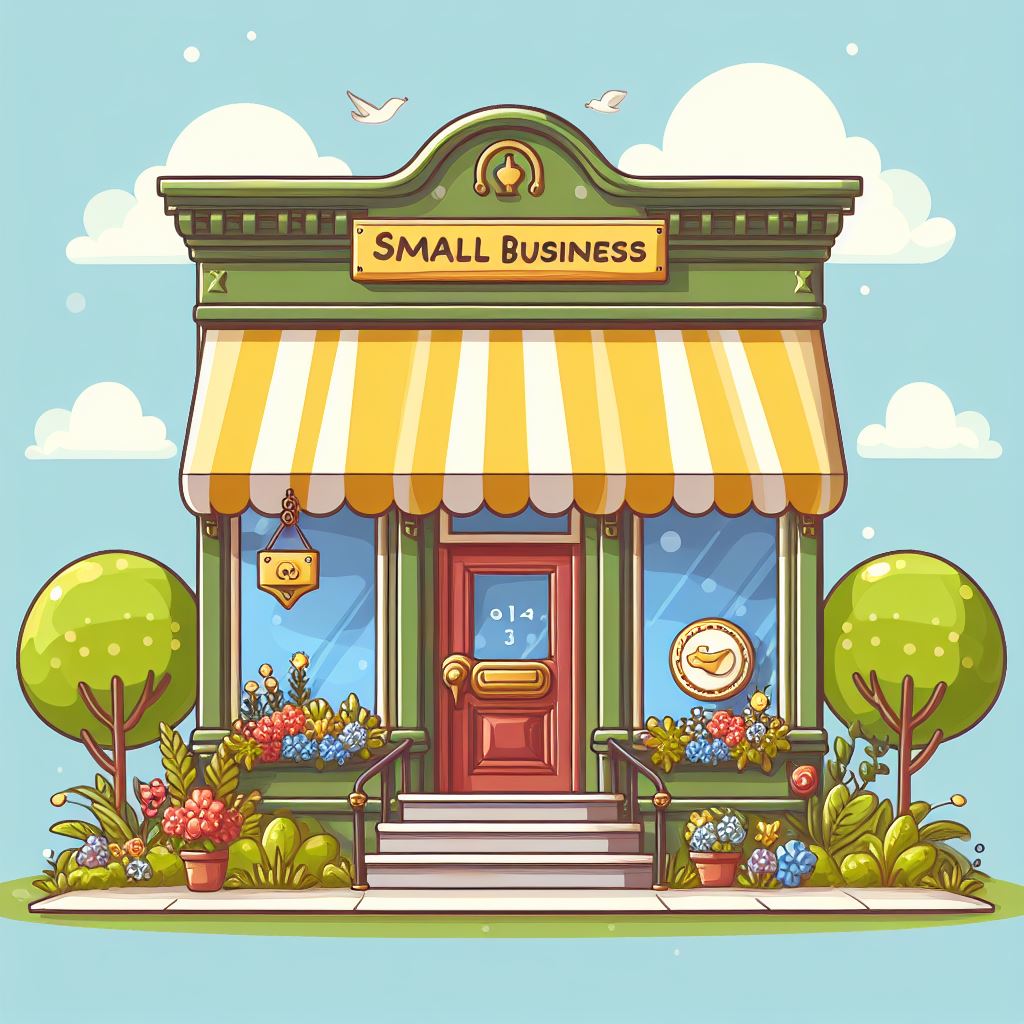Once upon a time, in a quaint little town nestled between rolling hills and a winding river, there stood a cozy café named “Sunny Brews.” It was the heart and soul of the community, where locals gathered for warm conversations over steaming cups of coffee and delicious pastries. But like many businesses, Sunny Brews faced a daunting challenge when a recession hit the town.
The economic downturn brought a sharp decline in customers, and the once bustling café began to struggle. The owner, a passionate young entrepreneur named Alex, refused to give up on his dream. Determined to save his beloved café, Alex rolled up his sleeves and got to work.
First, he took a hard look at his expenses and found areas where he could cut costs without sacrificing quality. He negotiated better deals with suppliers and streamlined operations to make the business more efficient. Every penny saved was reinvested back into the café.
But Alex knew that cutting costs alone wouldn’t be enough to weather the storm. He needed to attract more customers and boost sales. Drawing on his creativity and entrepreneurial spirit, Alex came up with innovative ideas to attract new clientele and keep existing customers coming back for more.
He launched a series of themed events, such as open mic nights and art exhibitions, to create a buzz around Sunny Brews. He also introduced new menu items and revamped the café’s interior to give it a fresh, modern look. Word quickly spread throughout the town about the exciting changes at Sunny Brews, and soon, the café was bustling with activity once again.
Despite the challenges of the recession, Alex remained optimistic and focused on the future. He reached out to the community and forged partnerships with local businesses, hosting joint promotions and events to drive foot traffic to Sunny Brews.
As the economy slowly began to recover, Sunny Brews emerged stronger than ever before. Thanks to Alex’s resilience, determination, and unwavering belief in his dream, the café not only survived the recession but thrived in its aftermath.
The story of Sunny Brews and its fearless owner served as a beacon of hope and inspiration to entrepreneurs everywhere, reminding them that with hard work, creativity, and perseverance, anything is possible, even in the face of adversity. And so, the little café by the river continued to serve as a gathering place for the community, a testament to the power of resilience and the indomitable human spirit.
how you handle a recession?
Handling a recession can be challenging, but with careful planning, adaptability, and resilience, individuals and businesses can navigate through the tough times. Here are some strategies to consider:
Assess Your Financial Situation:
Start by taking a close look at your finances. Understand your cash flow, expenses, and debt obligations. Identify areas where you can cut costs without compromising essential services or quality.
Diversify Income Streams:
Relying on a single source of income can be risky during a recession. Explore opportunities to diversify your income streams. This could involve offering new products or services, finding freelance work, or investing in income-generating assets.
Strengthen Relationships:
Nurture relationships with existing customers, clients, and suppliers. Providing excellent customer service and maintaining open communication can help retain loyal customers and secure valuable partnerships.
Adapt and Innovate:
Be willing to adapt your business model to changing market conditions. Look for innovative ways to meet the evolving needs of your customers. This might involve embracing new technologies, exploring different distribution channels, or redesigning your products or services.
Focus on Marketing:
Even during a recession, marketing is essential for maintaining visibility and attracting new customers. However, be strategic with your marketing efforts. Focus on targeted campaigns that offer value and resonate with your target audience.
Invest in Training and Development:
Use downtime during a recession to invest in yourself and your employees. Offer training programs to upgrade skills and improve productivity. A well-trained workforce can help your business stay competitive in challenging times.
Manage Cash Flow Wisely:
Cash flow management is crucial during a recession. Keep a close eye on your cash reserves and monitor accounts receivable and payable. Consider renegotiating payment terms with suppliers and offering incentives for early payments from customers.
Seek Financial Assistance:
Explore options for financial assistance, such as government grants, loans, or subsidies. Many governments offer support programs specifically designed to help businesses during economic downturns.
Stay Positive and Resilient:
Finally, maintain a positive mindset and stay resilient in the face of challenges. Remember that recessions are temporary, and by staying focused on your goals and adapting to changing circumstances, you can emerge stronger on the other side.
By implementing these strategies and remaining proactive, individuals and businesses can not only survive but also thrive during a recession.
should you start a small business during recession?
Starting a small business during a recession can be both challenging and opportunistic, depending on various factors such as the nature of the business, market demand, and your ability to navigate through economic downturns. Here are some considerations to keep in mind when contemplating starting a small business during a recession:
Market Demand:
Evaluate the demand for your product or service during a recession. Some businesses may thrive during economic downturns, such as those offering essential goods or services, budget-friendly alternatives, or solutions that address specific recession-related challenges.
Costs and Resources:
Consider the initial investment required to start your business and whether you have the financial resources to weather the challenges of a recession. Starting a business during a downturn may require more careful budgeting and resource management.
Competitive Landscape:
Assess the competitive landscape in your chosen industry. A recession may present opportunities to enter markets with less competition or disrupt existing industries with innovative solutions. However, it’s essential to understand the competitive dynamics and potential barriers to entry.
Flexibility and Adaptability:
Be prepared to adapt your business model and strategies based on changing market conditions. Flexibility and agility are critical during recessions, as you may need to pivot quickly to meet evolving customer needs or address unforeseen challenges.
Risk Management:
Understand the risks associated with starting a business during a recession, including reduced consumer spending, tighter credit markets, and economic uncertainty. Develop a robust risk management plan to mitigate potential risks and protect your investment.
Access to Financing:
Consider your access to financing and funding options for your business venture. While securing financing may be more challenging during a recession, there are still avenues available, such as small business loans, grants, crowdfunding, or bootstrapping.
Long-Term Vision:
Have a clear long-term vision for your business and consider how it will fare beyond the immediate challenges of a recession. Building a resilient business model that can withstand economic fluctuations and capitalize on opportunities during both downturns and upturns is crucial for long-term success.
Ultimately, whether starting a small business during a recession is advisable depends on your circumstances, risk tolerance, and market opportunities. While it may present unique challenges, it can also offer opportunities for innovation, growth, and entrepreneurship for those who are well-prepared and willing to adapt to changing market conditions.



